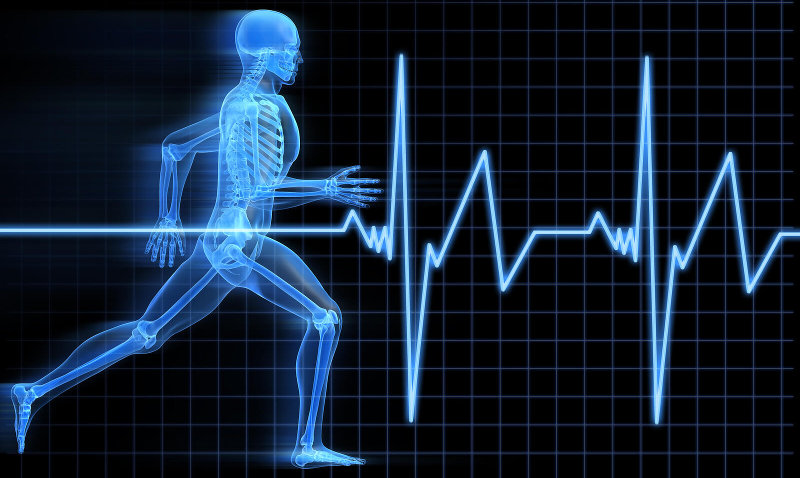Sports medicine is also commonly referred to as Sports and Exercise Medicine (SEM). This is an area in medicine that focuses on the physical wellbeing, fitness, treatment, and prevention of sports-related injuries. The primary purpose of sports medicine is the involvement of individuals in exercises or sports effectively and safely that allows them to accomplish their set targets. The specialists in the field of sports medicine handle a variety of physical injuries like sprains, dislocations, fractures, and acute traumas. They can also competently handle injuries that are chronic and as a result of overuse, such as overtraining syndrome, tendonitis, and degenerative disease. Progressive Spine & Sports Medicine incorporates the knowledge learned in general medical learning together with other fields like biomechanics, sports psychology, orthopedics, sports nutrition, and sports science while treating their patients. A complete sports medicine team is made up of physical therapists, nutritionists, coaches, surgeons, sports psychologists, personal trainers, physicians, and athletic trainers.
Sports Medicine Specialists
This type of physician specializes in the therapeutic, functional, and medical elements of the exercises. They mainly work with athletes directly with the aim of enhancing their sports performance. The title does not limit them to being physicians; it can be used for other sports medical roles in various disciplines. For individuals to be recognized as sports medicine specialists, they need to be fully trained in the medical branch of sports and exercise plus acquiring the necessary certification.
Sports Physical Therapists
They are responsible for assisting individuals or helping athletes rehabilitate from injuries and get back to their normal performance. The rehabilitation process involves healing, restoring, and maintaining the original form and functionality of the hurt body part.
Sports Medicine Physicians
The sports medicine physicians are the medical doctors who specialize in the examination and treatment of illnesses or injuries caused by sporting activities. Some physicians deal specifically with athletes, while some can treat any individual involved in sporting, athletic, or exercising injury. For you to become a sports medicine physician, you will need to be first certified as a general physician in pediatrics, orthopedics, emergency medicine, family practice, or internal medicine. After this certification, you will learn for two other years in sports medicine fellowship, after which you will become certified by the Certificate of Added Qualifications (CAQ) in Sports medicine. There is a wide range of musculoskeletal and non-surgical medical conditions that sports medicine physicians treat, such as injury prevention, concussions, head injuries, back pain, knee injuries, and performance problems.
Sports Psychologists
This branch of sports science deals with the emotional and mental requirements of the athletes. Many people are joining sports and athletes, and they need to be mentally, emotionally, and physically ready for the challenges. Many professional sports teams and athletes have psychologists who work round the clock to ensure that the emotions and mental health of the team are stable despite the many challenges faced. Sports psychologists are essential in moderating the anxiety and stress levels through personalized techniques depending on the sport or personalities of the team members. Psychology tools and techniques like stress management, the setting of targets, and psychotherapy will be utilized to help create substantial stress and emotional balance during competitions, injury treatment, and recovery. The process of healing from an injury is not only physical but also emotionally and mentally influenced

Leave a Reply